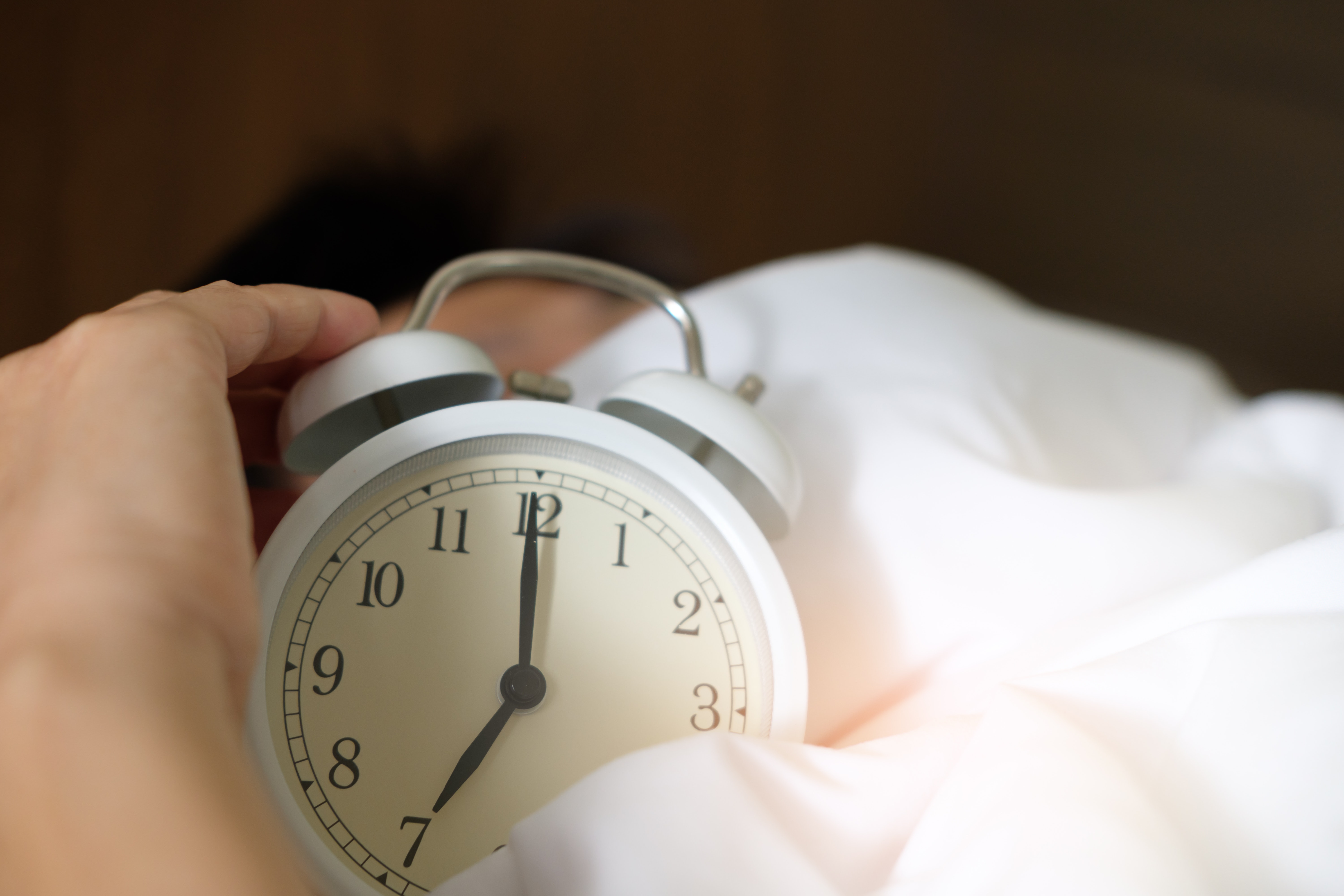By Darren Zahra

In a day and age where everyone is pushing for that new technology to gain a few percent advantage on there competitors, basic human instincts are being neglected. Prioritizing sleep is rarely thought about in the Top 3 things to increase performance, but it can have the largest positive effect on performance, especially if your sleep is currently poor.
A series of studies conducted by Stanford University found that student athletes that increased their sleep from 8 to 10 hours for 5 to 8 weeks had significant increase in performance. The studies looked at athletes from football, swimming, tennis and basketball. An improvement in several fitness categories was observed with improvements in endurance based activities such as shuttle run test, and anaerobic activities such as 40 yard dash observed. As well has these physical improvements, mental performance also benefits from extra sleep with an improvement in reaction time and increase in accuracy of shooting in basketball and serving in tennis.
The same group of researchers also looked at the other side of the coin studying the effects of sleep deprivation. Cyclists slept less then 4 hours a night for 3 days in a row and it was found that aerobic ability decreased by 2.9% and time to exhaustion also decreased. This sleep deprivation was severe over 3 nights, but I would expect similar results of 6 hours sleep over a longer period, as your body has what is called a sleep debt that just keeps adding up the sleep it is owed.
So now we know that not having adequate sleep can decrease our potential performance level; here are a few tips to ensure you get more lengthy and greater quality sleep:
- Create a sleep schedule and stick to it. Choose a time to go to bed and wake-up in the morning and stick to it each day. Don’t let yourself go to bed more then half and hour later then this scheduled time or sleep in more then one hour then this time otherwise your will mess up your bodies sleep rhythm. Example go to bed at 11pm and wake-up 7am = 8 hours. But make sure you don’t go to bed later then 11:30pm or wake-up later then 8am even on weekends. If you sleep in too much your body will want to stay up for 16hours pushing back your bedtime further and changing your natural rhythm. There will be times where you stay up to all hours (such as parties) just make sure you try to get back into your rhythm as soon as possible.
Note – the amount of sleep everyone needs to function at there best varies, so play around with what’s best for you just make it consistent. - Put down electronics – especially phones – at least half hour before bed and do not check it if you wake-up in the night as it will get your brain consciously active and introduce light telling your body it’s time to wake-up.
- If you have trouble getting enough sleep at night try to get a nap in during the day but never nap for more then an hour because you can get into a deep sleep and feel more tired after waking up
The importance of sleep on your performance has been brought to your attention, so will you prioritize getting enough quality sleep? Sleep has been proven to be an integral factor in performing at your best and fixing your sleep does not cost you anything. You just have to organize your time to allow yourself to get enough sleep by creating a normal sleep-wake cycle. Not only will your performance be positively effected, but also will you mood, energy and recovery.
Resources
- Mah, CD et al. The Effects of Sleep Extension on the Athletic Performance of Collegiate Basketball Players. Sleep. 2011 Jul; 34(7): 943–950.
- American Academy of Sleep Medicine. “Getting Extra Sleep Improves the Athletic Performance of Collegiate Football Players.” 27 May 2010. Retrieved from: aasm.org/getting-extra-sleep-improves-the-athletic-performance-of-collegiate-football-players.
- American Academy of Sleep Medicine. “Ongoing Study Continues to Show that Extra Sleep Improves Athletic Performance.” 4 June 2008. Retrieved from: aasm.org/ongoing-study-continues-to-show-that-extra-sleep-improves-athletic-performance.
- American Academy of Sleep Medicine. “Study Shows Sleep Extension Improves Athletic Performance and Mood.” 29 May 2009. Retrieved from: aasm.org/study-shows-sleep-extension-improves-athletic-performance-and-mood.
- American Academy of Sleep Medicine. “Chronic sleep restriction negatively affects athletic performance.” 13 June 2016. Retrieved from: aasm.org/chronic-sleep-restriction-negatively-affects-athletic-performance.